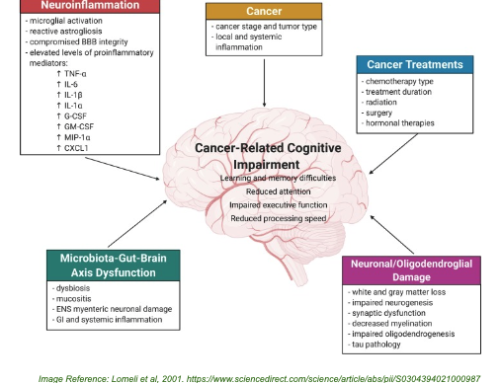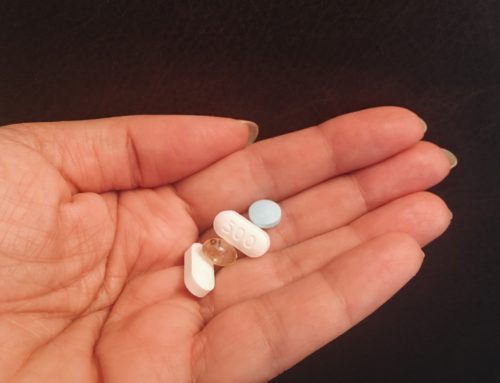After receiving a cancer diagnosis, patients often surrender themselves to their health care providers and are typically focused with a host of oncologist and specialist appointments together with the demands of treatment. Only when the end of treatment beckons do many people notice the impact cancer has had on them, their family and their friends.
Increasingly, cancer patients are living longer after their cancer treatment concludes. This brings with it challenges in terms of their life choices. These challenges vary significantly with the type of cancer and treatment patients were diagnosed with and their situation.
Surviving Cancer And Creating A ‘New’ Normal
https://www.youtube.com/watch?v=XWQtsYgrVa0
Each year, an estimated 145,000 new cancer cases are diagnosed in Australia. Many of the people diagnosed with a form of cancer are of working age. The most frequent forms of cancer in Australia are breast, prostate, melanoma, lung and colorectal cancer.
The term “cancer survivor” conveys different meanings for different people. A large number of former cancer patients see survivor as being a positive, strong and life-affirming term. Others experience guilt for having survived or see the term as implying they will struggle with cancer in their future. Then there are those who resent being labelled and don’t readily identify as a cancer survivor. For many, there is a preference to look beyond their past cancer experience to a fresh future.
Aiding The Healing Process
Many former cancer patients would benefit from improved recovery models and the input of health professionals to aid them in adapting to their new lives. This is frequently exacerbated by a host of complex emotions:
- Patients often experience mixed feelings about their recovery spanning from excitement through to anxiety after their treatment ends. Similarly, many former patients feel the need for reflection time to absorb their experience before thinking about their future.
- Some experience a sense of abandonment or loss as they interact less frequently with their treatment team and prior levels of support from their family and friends dwindles.
- Externally, patients may look healthy and normal. However inside they are still recovering both emotionally and physically.
- Similarly, many expect to resume their old life where they left off before their cancer was diagnosed. This often takes longer than expected.
- It is common for family and friends to not fully realise just what the patient has experienced, or realise that a patient’s cancer experience doesn’t cease just because their treatment has ended.

Recovery Strategies For Communicating With Family And Friends
After a patient’s treatment is complete their family and friends often expect them to rebound and be the same person they were before their cancer diagnosis. However, for many cancer patients, their priorities and perspective have changed, leaving some people close to them to discover they are unexpectedly feeling frustrated, disappointed, worried or confused.
Naturally, every patient’s family and friends want the turbulence and stress that comes with a cancer diagnosis to be put behind them. Comparatively few resources are typically allocated to coping with these typically tumultuous reactions and confusing emotions.
Coaching and advice by public and allied health services on alternative approaches to handling these situations by talking constructively with them about how they are feeling. One strategy is to share with them how any post-cancer recovery is inevitably ongoing. This process can require time to adjust and reflect on what each patient has experienced.
Importance Of Returning To Work
Although it may not feel like it, studies show work is a positive factor in our health. Being at work can provide a clear sense of purpose in patients’ lives. Work helps provide the lifestyle of our choice and encourages our happiness.
Being unable to work due to either cancer or the effects of its treatment can be emotionally corrosive. Not only does it weigh down a patient’s earning ability but it can undermine their self-esteem, their confidence and their sense of identity.
A patient’s recovery services should include a return to work component agreed upon by employee, employer and the patient’s oncologist.

Final Observation
Many people discover they need support after their health care treatment concludes. The availability of support services often varies depending on geography. Successful cancer treatments can carry implications, which affect all aspects of a patient’s health and wellness, including mental as well as physical issues. Surviving cancer brings with it fresh challenges, from reflecting on the cancer experience and assessing life goals to dealing with the expectation of family and friends. One may also discover their limitations to return to work or resume one’s previous role. Dealing with these challenges benefit from the availability of recovery care models.
If you would like to find out more about our cancer support program, please contact us at: [email protected].



